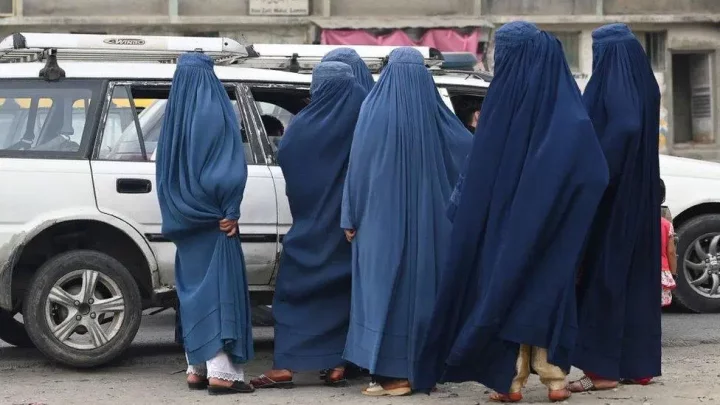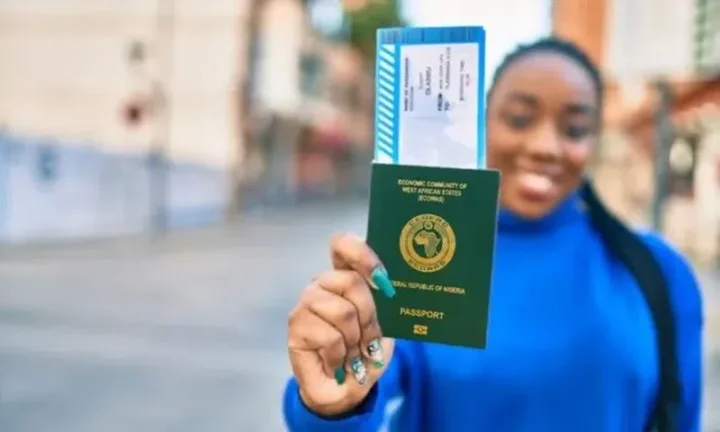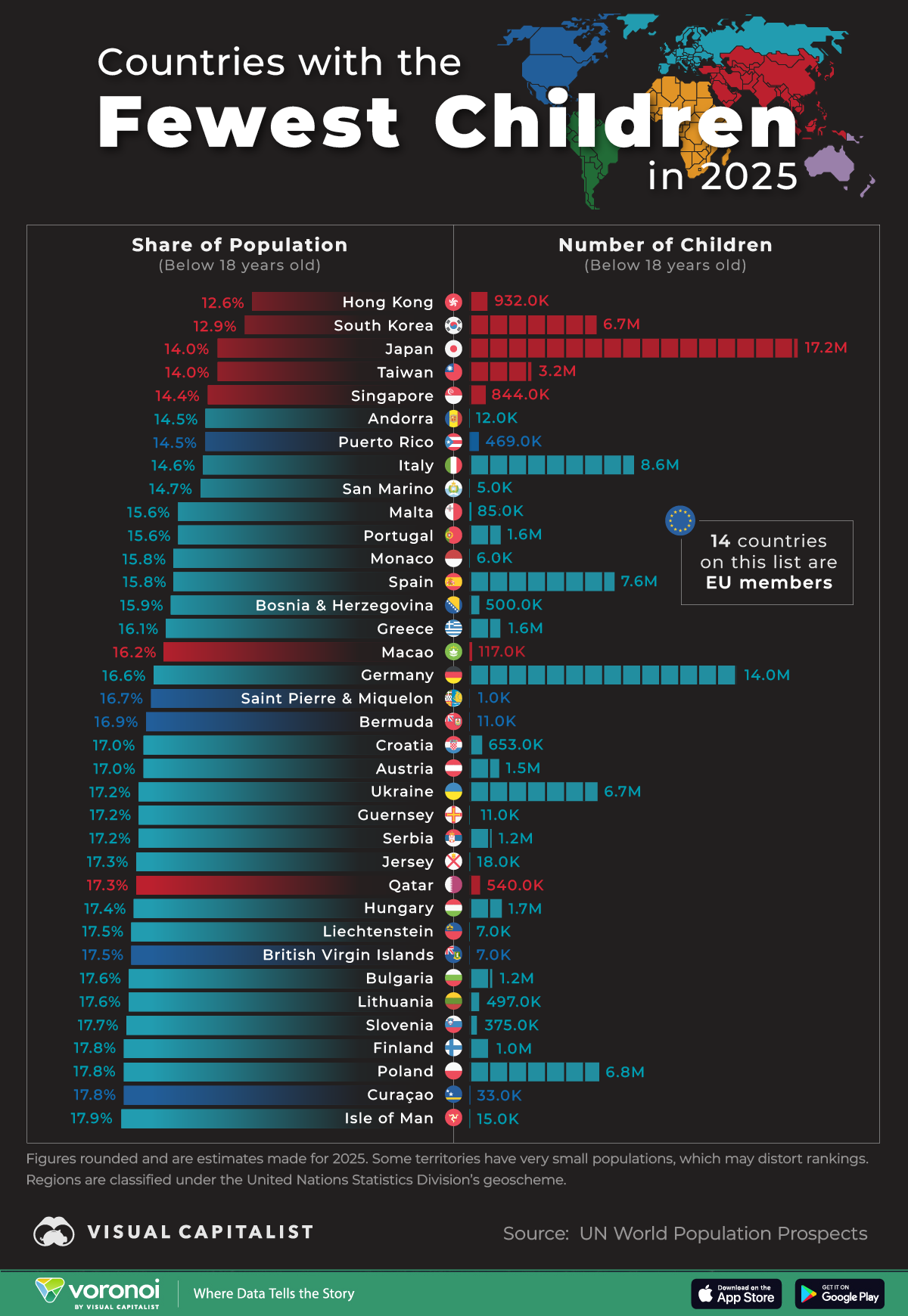
In recent times, discussions around the introduction of Sharia law in South, particularly the South-West Nigeria have gained momentum. Islamic clerics and advocacy groups have been at the forefront of this movement, arguing that it is a constitutional right for Muslims to have access to Islamic legal systems. However, the proposal has sparked debates, with supporters emphasizing its benefits and critics warning against its potential divisive effects.
THE PUSH FOR SHARIA LAW
Sheik Dawood Malaasan, the Mufti of Iwo, has been a vocal advocate for the establishment of Sharia courts in the South-West. Following the launch of a Sharia arbitration panel in Oyo State, he announced plans to extend similar efforts to Osun State. Defending this initiative, he stated, "We are not using Sharia on non-Muslims but only Sharia law in the Nigerian constitution that everyone agreed on."
The Da'awah Coordination Council of Nigeria (DCCN) also supports the movement, stressing that Sharia courts would provide Muslims in the South with a framework for resolving personal and family disputes in line with their faith. They draw parallels with customary courts available to Christians and traditionalists in the North, arguing for equal rights for Muslims across the country.
THE BENEFITS OF SHARIA LAW
Proponents highlight several benefits of introducing Sharia law in the South-West:
Access to Justice for Muslims: Sharia courts would provide a legal system aligned with Islamic principles, allowing Muslims to resolve disputes regarding marriage, inheritance, and other personal matters in ways that reflect their faith.
Religious Freedom: Advocates stress that Sharia courts promote religious freedom by giving Muslims a choice in legal matters, without imposing on non-Muslims.
Alternative Dispute Resolution: Sharia courts emphasize mediation and reconciliation, potentially easing the burden on conventional courts and fostering harmony within communities.
Ethical Standards and Social Morality: With a focus on justice and accountability, Sharia law could instill ethical standards and deter misconduct, contributing to societal stability.
Economic Growth: Sharia-compliant financial practices could attract global Islamic investments, boosting economic activities and entrepreneurship in the region.
Preservation of Identity: For Yoruba Muslims, the adoption of Sharia courts is seen as a way to preserve cultural and religious values.
MISCONCEPTIONS ABOUT SHARIA LAW
One of the biggest hurdles for proponents of Sharia law is the widespread misunderstanding of what it entails. Here are some common misconceptions:
Sharia Law Is for Everyone: Many believe that Sharia law is imposed on all citizens, regardless of their religion. In reality, it applies only to Muslims who voluntarily choose to follow its principles.
Sharia Law Advocates Harsh Punishments: While Sharia includes provisions for severe penalties, its application in modern legal systems often focuses on personal, family, and civil matters, such as marriage, divorce, and inheritance, rather than criminal law.
Sharia Law Threatens Secularism: Critics often view Sharia law as incompatible with secular governance. However, Sharia courts in Nigeria operate within the constitution, coexisting with civil and customary courts.
Sharia Courts Are Parallel Legal Systems: Rather than being independent systems, Sharia courts function as part of the country's judicial framework, ensuring they align with national laws.
Sharia Law Is Static: Some assume that Sharia law is rigid and unchanging. However, it is a dynamic legal framework that adapts to cultural and societal contexts.
OPPOSITION AND CONCERNS
Despite these clarifications, the initiative has been met with skepticism and resistance from various quarters. Traditional leaders, socio-political groups, and religious organizations have raised concerns about its implications.
Gani Adams, the Aare Ona Kakanfo of Yorubaland, warned that introducing Sharia law could disrupt the region's harmony. "Yorubaland thrives on interfaith coexistence. Sharia law, while good for the North, is unsuitable here. We must avoid actions that could divide us," he stated.
The Christian Association of Nigeria (CAN) also voiced strong opposition, describing the proposal as unconstitutional and a threat to the region's secular identity. Apostle Joshua Akinyemiju, CAN's Oyo State Chairman, remarked, "This should not happen in a region known for its harmonious coexistence."

GOVERNMENT RESPONSE
Amid the controversy, Oyo State Governor Seyi Makinde reiterated his administration's commitment to upholding the constitution. He stated, "If the proposed Sharia court complies with the law, it can proceed. If not, we will take necessary action."
Faced with backlash, the organizers of the Oyo State Sharia court initiative clarified their intentions, explaining that the arbitration panel was only meant to mediate family disputes among Muslims who voluntarily sought its services.
STRIKING A BALANCE
The debate over Sharia law in South-West Nigeria highlights the need for a careful balance between religious freedom and the region's secular framework. While proponents see it as a step toward justice and inclusivity for Muslims, critics emphasize the importance of preserving unity and interfaith coexistence.
As the conversation continues, stakeholders must prioritize dialogue, transparency, and mutual respect to ensure that any legal reforms enhance harmony rather than sow discord. The path forward lies in finding common ground that respects the constitutional rights of all Nigerians while safeguarding the region's cherished legacy of peaceful coexistence.

















Comments